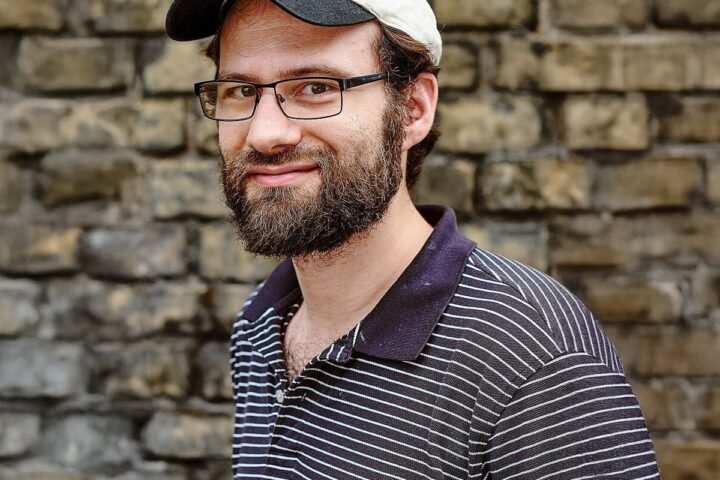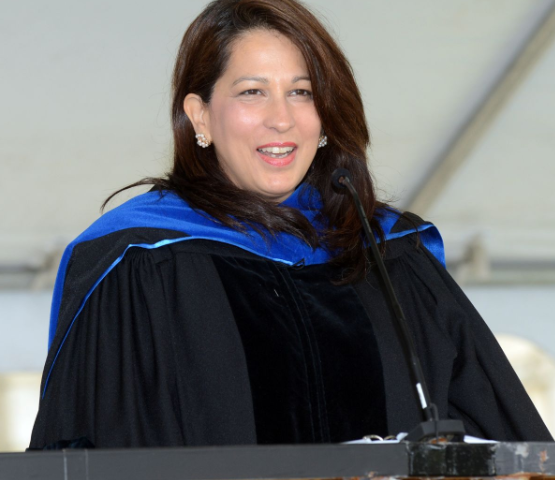Since the pandemic’s start, the catastrophic effects of the budget cuts against the City University of New York (CUNY) have trickled down to all corners of the community. Recently, CUNY laid off approximately 3,000 adjunct faculty members. This left many without financial stability and healthcare, among other basic needs. It’s worth noting that CUNY received $251 million from the Coronavirus Aid, Relief, and Economic Security Act (CARES). The CARES Act is a $2.2 trillion stimulus bill that was passed as a result of the economic crisis caused by the COVID-19 pandemic.
The CUNY Professional Staff Congress (PSC) filed a lawsuit against the university’s upper-level administration, arguing that funds from the CARES Act should’ve been utilized to save adjunct faculty. The lawsuit’s primary argument was that the CARES Act mandated that CUNY “to the extent practicable, continue to pay its employees and contractors”.
On July 27th, 2020, New York Attorney General Letitia James filed a request to strike down the lawsuit in its preliminary stages. A few weeks later, on August 12th, Judge Jed Rakoff sided with Attorney General James and struck down PSC’s injunction against CUNY.
David Gerwin, Chair of the Queens College PSC chapter, spoke to The Knight News about his take on the lawsuit. “I understand that, according to Judge Rakoff, CUNY was within its legal right not to spend the money on retaining adjuncts. But that does not mean it was actually what the Act wanted them to do. I know that CUNY and Judge Rakoff read this more loosely but the phrase an institution receiving funds ‘shall to the greatest extent practicable, continue to pay its employees and contractors during the period of any disruptions or closures related to coronavirus’ seems like a strong direction to keep paying those adjuncts”.
Felix V. Matos Rodriguez, Chancellor for CUNY, and William Thompson Jr., Chairperson for the CUNY Board of Trustees, published a press release on August 31st in response to the lawsuit, condemning the administration over adjunct layoffs. According to the press release, Rodriguez and Thompson are proud that CUNY is doing “more with less.” In regards to the CARES Act funding, they believe CUNY “submitted a plan to the State that prioritized student support and mental health services, reimbursements to campuses for COVID 19-related costs such as refunds, and investments in online infrastructure and training. The plan has been approved by the State, but we [CUNY] decided to hold back the use of the majority of these funds until we conclude our budget process. We are currently releasing some of the funds to reimburse campuses for COVID-19 related expenses”.
Jane Guskin, PSC delegate for QC and adjunct faculty member, warned us about the consequences of Judge Rakoff’s ruling. “Obviously, the faculty who get laid off are hurt, and so are those of us who remain—larger class sizes increase our workload and reduce our pay—but students are the real victims of CUNY’s destructive decisions. More students in each class mean faculty have less time to help each student. Students are already stressed out by online classes; it’s hard to follow and keep up, especially since faculty are using multiple virtual platforms. Students need more individualized support from professors, not less. CARES Act funding should have gone to decreasing class sizes—best practices suggest no more than 12–15 students in each online class—and increasing class offerings to improve retention and keep students on the path to graduation. That requires more faculty, not less.”
Every member of the CUNY community should be gravely concerned about the fate of the university in light of budgetary constraints. It’s important now, more than ever, to support the efforts of lobbying groups such as PSC and Free CUNY. Together, we can save our colleges and ensure higher education is accessible to all.











